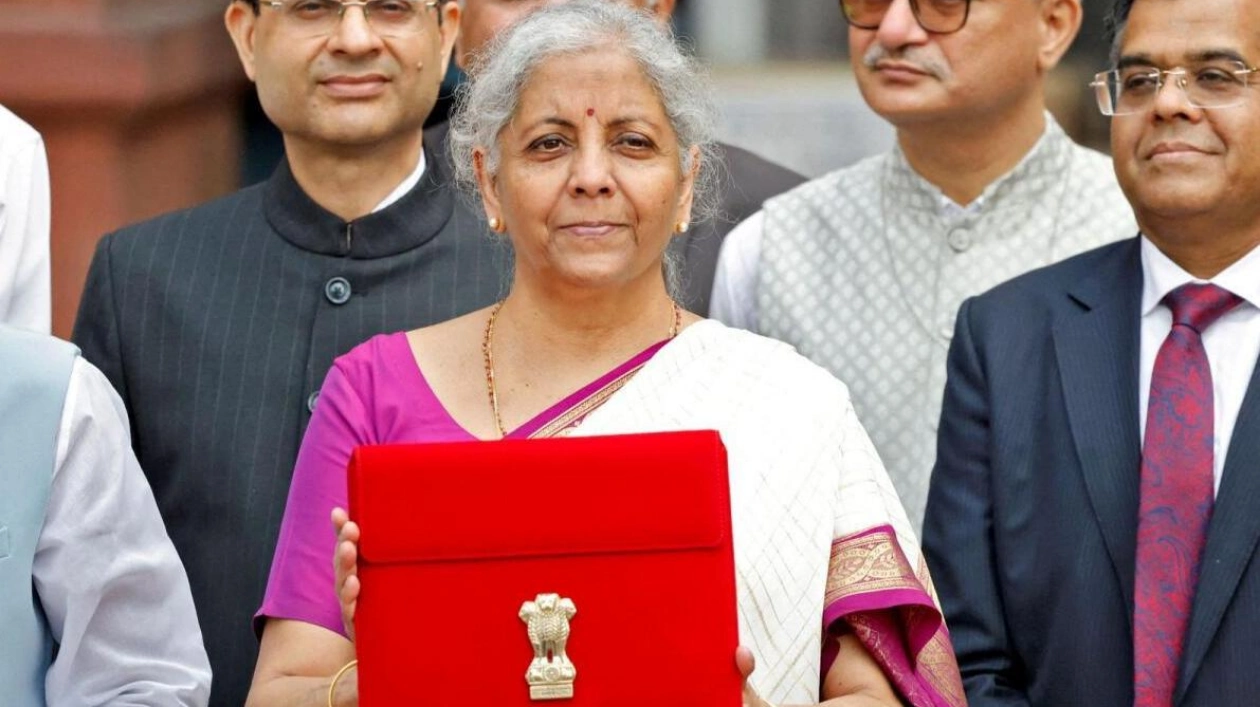Question: Will the budget proposals introduced last week affect non-resident Indians? It is believed that some amendments have been made to the capital gains tax structure.
ANSWER: The Finance (No.2) Bill, 2024 does not include specific provisions for non-resident Indians. However, the customs duty on gold has been reduced, which may encourage NRIs visiting India to bring gold legally. The taxation of capital gains has been rationalized, impacting NRIs when they sell assets in India. Short-term capital gains on specified financial assets, currently taxed at 15 percent, will now be taxed at 20 percent. Other financial assets and assets like immovable properties, gold, and jewelry will continue to be taxed at normal rates if sold within two years. Long-term capital gains will be taxed at 12.5 percent for both financial and non-financial assets. Long-term capital gains up to Rs125,000 per annum from certain financial assets listed on a stock exchange will be exempt from tax, provided they are held for more than one year. Unlisted financial assets and all non-financial assets must be held for at least two years to be considered long-term. Additionally, the benefit of indexation on the cost of acquisition will no longer be allowed when selling immovable property.
Question: My friends and I frequently trade shares and securities on stock exchanges. We are unsure if the fees charged by our brokers are legitimate. Are there any institutional guidelines?
ANSWER: To safeguard the interests of retail investors and other market participants, the Securities & Exchange Board of India (Sebi) has mandated that market entities, such as stock exchanges, clearing corporations, and depositories (MIIs), ensure that fees charged to brokers are uniform and not volume-linked. These fees are then passed on to investors. This guideline will take effect from October 1, 2024. Sebi has stressed that MII charges recovered by brokers from clients should be transparent. The new charge structure should reflect current per-unit charges to ensure investor benefits from cost reductions. This directive aims to protect investors, as currently, brokers collect more from clients daily and remit the amount monthly to MIIs, resulting in clients being overcharged.
Question: My son, a tech professional working full-time in India, also engages in part-time consultancy with his employer's permission. Is he obligated to pay tax on this additional income, and how should he proceed?
ANSWER: Tax on his salary will be deducted at source by his employer each month. At year-end, a tax deduction certificate will be issued for filing with his income tax return. His consultancy income must be fully accounted for and declared in his income tax return as profits and gains from his profession. Legitimate professional expenses incurred can be deducted from this income. He must pay tax on the net income as advance tax during the financial year. Failure to do so will require payment of actual tax along with interest on unpaid advance tax installments before filing the return. The return must be filed by July 31, or a penalty of Rs.5,000 will be imposed.






